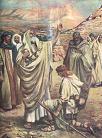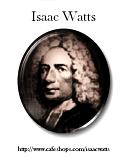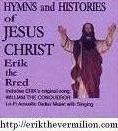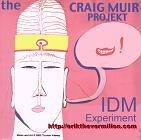Be Kind! Share with your Team, with your Family, with your Buddies!
Click The Button Now & Like This On Your Facebook Page!
Saturday, December 03, 2011
An Interpreter for the Atlanta Translation Corporation Maintains that the Deficiency of Data is a Typical Barrier for Interpreters
In 1998, the super star of the Boston Portuguese Translation company interpretation department and one of the few specialists in exploring the realm of interpretation, Harold Bushemi, introduces a discourse named “The Influence of Interpretation” which dwells upon the most important aspect that those who consider delivering a clear notion of the impact of interpretation are concerned with – the need of recognition. He shows a graph that displays the good practices arrayed in regard to the difficulties the translator might have to cope with. Due to the task appearing overwhelming, Bushemi makes a point that professors collaborate closely in their research. According to him, interpretation research must be granted more funds.
Rafael Monaco, a translator and proofreader for the San Antonio Translation Services, considers prejudice and accuracy in reference to the Latin American world in a book called “How Translation has Shaped up our Perception of Latinos.” In his discussion of bias, he explores the dominant Eurocentric discourse that has influenced cultural studies on Latin America. He relinquishes the homophobic views by dwelling upon some native conceptions that decode the mosaic nature of the Latin American culture. Several overall courses facilitate the localization of translation research in this aspect of the postcolonial culture. Yet another key issue is correctness, which is indispensable in a domain where no true information is given for free.















